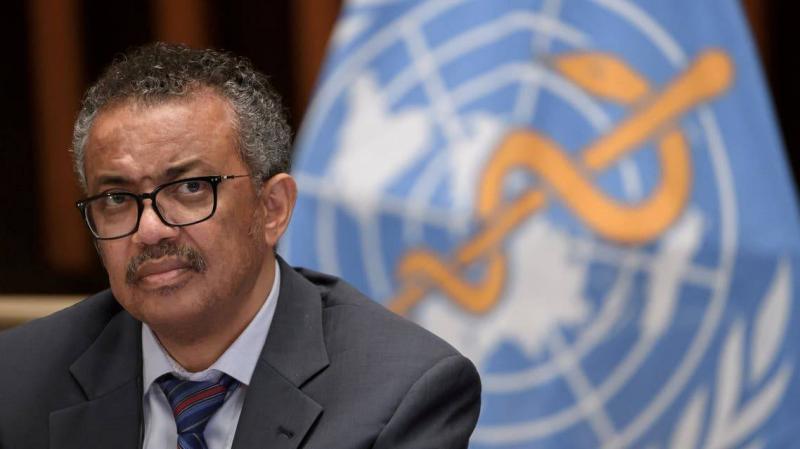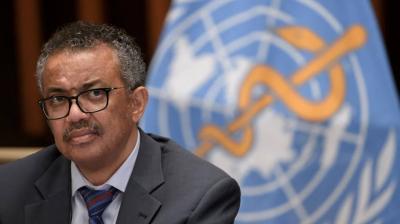The Director-General of the World Health Organization warned on Wednesday that the world faces a "toxic mix" due to inadequate COVID-19 vaccinations and low testing levels, emphasizing that this creates a favorable environment for variants. Tedros Adhanom Ghebreyesus stated in a press conference, "The end of the pandemic is not a matter of luck; it is a matter of choice." He added, "Globally, we have a toxic mix of weak vaccination coverage and very low testing levels, which is very conducive to the proliferation and emergence of variants."
This warning comes as the new Omicron variant re-emerged in November, plunging the world back into fear. No variant has raised such concern since the Delta variant. According to the WHO, the Omicron variant, also known as B.1.1.529, was first reported to the WHO on November 24, 2021, by South Africa, while the first confirmed laboratory case was identified from a sample taken on November 9.
The President of the South African Medical Association and discoverer of the Omicron variant confirmed to Al Arabiya that infections with the variant show different symptoms compared to the Delta strain and other variants, stressing that the unvaccinated are at a greater risk of infection. She noted that the symptoms of infection with the Omicron variant are stronger in unvaccinated individuals, indicating that the data regarding the variant in infected individuals varies.
She pointed out that "the new variant is a concern for us," but "booster doses of the vaccine help combat the variant." She also anticipated that more data on the Omicron variant will be available in two weeks.
The WHO reassured the global population that there is currently no evidence showing a decline in vaccine effectiveness due to the Omicron variant. Several European countries, especially the Netherlands, have identified cases of the new variant that occurred before November 24, the date South Africa reported its discovery.
The WHO described Omicron last Friday as a "variant of concern," the highest classification. Experts are worried about the variant because it carries numerous mutations that may make it more transmissible and more resistant to vaccines. Studies are ongoing to determine whether this is indeed the case, though initial results are not expected immediately.
Since the WHO office in China reported the emergence of the disease at the end of December 2019, COVID-19 has resulted in the deaths of at least 5,214,847 people worldwide. At least 262,269,390 people have been confirmed to have contracted the virus since its emergence. The vast majority of those infected have recovered, although some continue to experience symptoms for weeks or even months.
These figures are based on daily reports from health authorities in each country and do not account for subsequent revisions by statistical agencies that indicate much larger death tolls. The WHO considers that the death toll related directly or indirectly to COVID-19 could be two to three times greater than the officially reported figures. A significant number of milder cases or asymptomatic cases remain undetected despite intensified testing in many countries.




